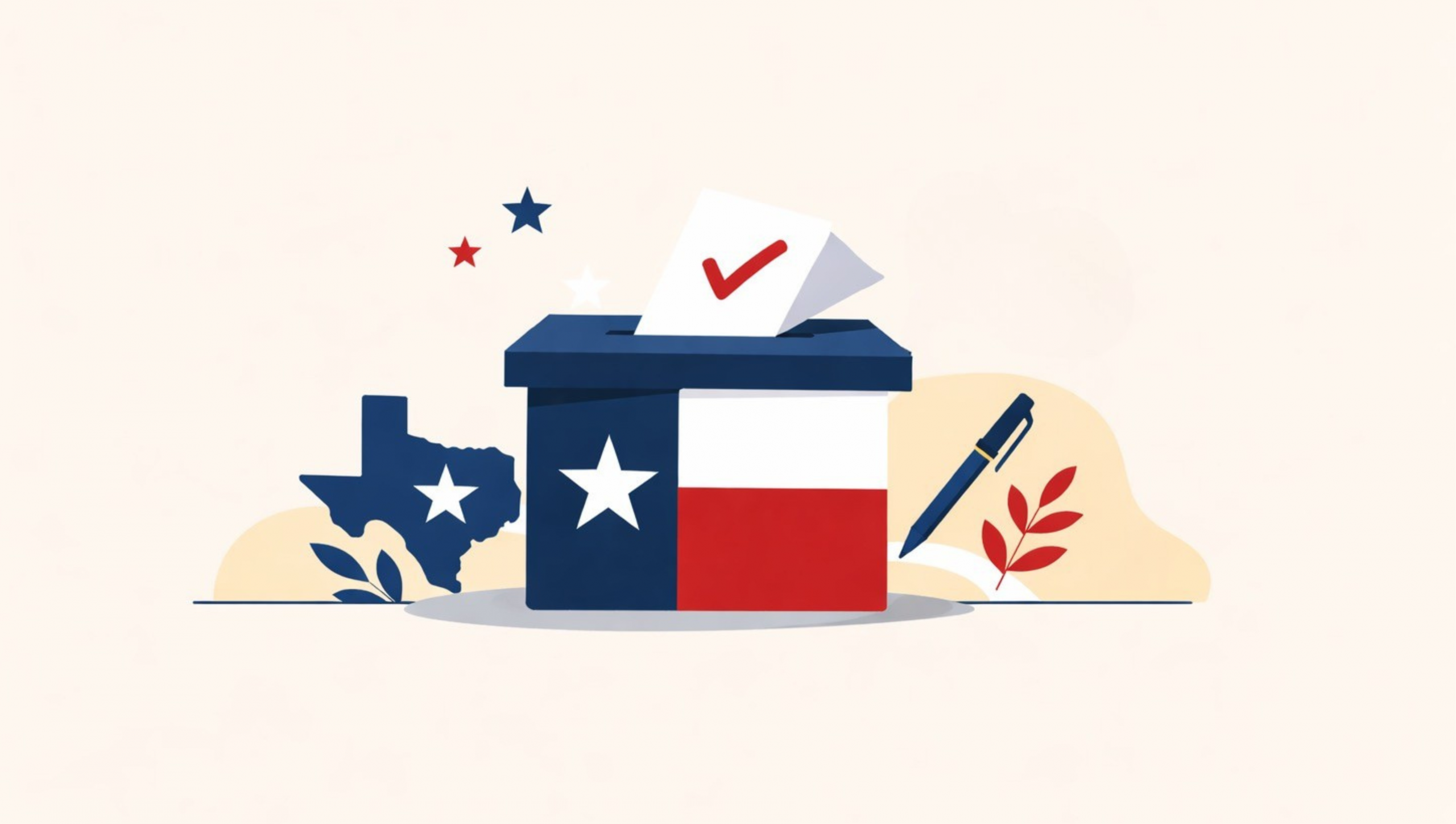Overview
Despite historic efforts to deliver property tax relief by the Legislature, Texans continue to face rising property tax bills. Why? While the state has reduced school district M&O property tax rates and increased the Homestead exemption, cities, counties, and special-purpose districts have seen a dramatic increase in spending and taxes. This fiscal shell game shifts the tax burden from schools to other local governments, resulting in little net relief for Texans. It’s time to close the loopholes, limit local spending, and put Texas on a pathway to truly eliminate property taxes.
The Problem: Local Government Spending is Out of Control
- Cities increased spending by 72%.
- Counties increased spending by 74%.
- Special Purpose Districts increased spending by a staggering 84%.
All the while, population growth plus inflation increased by just 49%. This means local governments grew 50% faster than what is sustainable.
Take the four largest cities—Austin, Dallas, Houston, and San Antonio—where one in five Texans live:
- Austin overspent by at least $2.2 billion in 2022 compared to a responsible limit. Its per capita general obligation (GO) debt rose by 29.3% in real terms to $1,548—the highest of the four. Austin earned a D grade from Truth in Accounting, with a $9,400 taxpayer burden.
- Dallas overspent by $3.4 billion, and although its nominal debt per capita declined slightly, its real debt increased by 11.1%. Its $14,700 taxpayer burden also earned it a D grade.
- Houston exceeded responsible spending by $2.7 billion. Its real per capita debt rose by 14.5%, and its $8,900 taxpayer burden earned a D grade.
- San Antonio overspent by $1.3 billion, with real per capita debt increasing by 48.3%—the highest rise. It fared slightly better with a C grade, but still had a $1,700 taxpayer burden.
According to the Texas Bond Review Board, Texas local debt outstanding totals $330.7 billion, or $8,627 per capita—the third highest among the largest 10 states:
- California: $10,243
- New York: $10,172
- Texas: $8,627
- Illinois: $7,338
That’s nearly double that of Florida ($4,623).
State Action Hasn’t Been Enough
The state has attempted to ease the property tax burden by lowering school district M&O tax rates and increasing the homestead exemption from $15,000 to $40,000 in 2015, to $100,000 in 2023, and $140,000 in 2024. While these measures have helped slow school property tax growth, Texans’ overall property tax bills continue rising, in large part, because the state hasn’t imposed serious limits on local government spending.
School District Property Tax Relief Is Not Enough
The Texas Legislature has appropriated billions to reduce school district maintenance and operations (M&O) tax rates and raise the homestead exemption, which make up nearly half of property tax levies statewide. However, these efforts are being offset by increased levies from other local taxing entities.
From 1998 to 2023:
- Total local property tax levies increased by 233%.
- School district levies rose 187%.
- City levies rose 257%.
- County levies rose 256%.
- Special district levies exploded by 450%.
According to the Tax Foundation, property taxes paid as a percentage of owner-occupied housing value in Texas are 1.36%, ranking 7th highest in the country. While this is a slight improvement from 6th, it remains far too high and continues to damage affordability and competitiveness for families. Texas also ranks 38th in the country for business property tax competitiveness.
A Conservative Local Spending Limit
In order to address these problems, Texas must adopt a local spending limit modeled after Colorado’s Taxpayer’s Bill of Rights (TABOR):
- Cap annual local spending growth to population growth plus inflation as a maximum, but need lower spending given past excesses.
- Include all local governments—cities, counties, school districts, and special districts.
- Use surplus triggers to automatically lower local property tax rates when revenues exceed the limit.
Why This Works
- It stops the tax shift and delivers real tax relief.
- It forces prioritization—spending the people’s money must match needs, not wants.
- It empowers Texans to truly own their homes, ending the cycle of permanent tax rent.
The Long-Term Vision: Eliminate Property Taxes Altogether
The ultimate goal is the full elimination of property taxes:
- The state should fund 100% of school finance, eliminating school maintenance and operations (M&O) taxes.
- Localities should follow suit by capping spending and applying surplus revenue to phase out property taxes.
Recommendations for Legislators
- Amend the constitution to impose a population-plus-inflation spending cap on all local governments.
- Mandate surplus triggers to require automatic property tax rate reductions.
- Freeze M&O school property taxes and close tax loopholes that allow runaway local levies.
- Require transparency in all local bond and tax increases, showing the cost per homeowner.
- Cap local government debt issuance to prevent future taxpayer burdens.
- Require voter approval for any property tax increase.
ConclusionTexans deserve more than empty promises. They deserve a system that reins in runaway local governments, ensures fiscal responsibility, and finally gives them the dignity of true property ownership. Local spending limits are the only way forward.
It’s time to stop renting from the government—Texans should own their future.
Texans for Fiscal Responsibility relies on the support of private donors across the Lone Star State in order to promote fiscal responsibility and pro-taxpayer government in Texas. Please consider supporting our efforts! Thank you!
Get The Fiscal Note, our free weekly roll-up on all the current events that could impact your wallet. Subscribe today!




